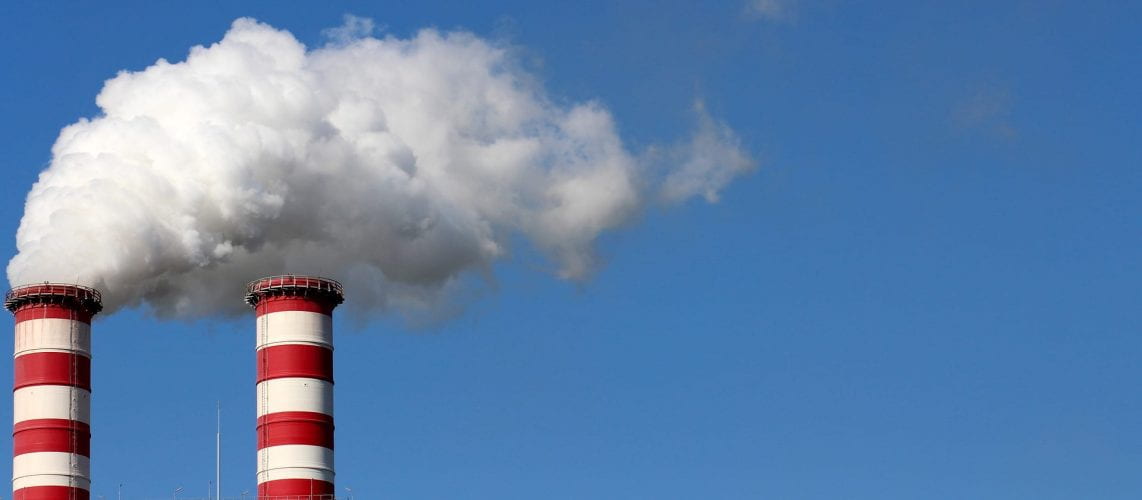- Canada
Canada’s Toxic Chemical Valley
VICE journalist Patrick Mcguire reports on Sarnia, Ontario, also known as the Chemical Valley, where 40% of Canada’s petrochemical industry is located. The Chemical Valley produces oil, gasoline, pesticides, fertilizers, and other materials needed to fulfill the worlds demand for commercial products.
Sarnia is also home to a First Nations reserve called Aamjiwnaang, thus one of the populations greatly exposed to the pollutants released by the Chemical Valley’s refineries is an indigenous population of Chippewa. This population of Chippewa claim that they have higher rates of cancer and miscarriages than the national average (no proper government study to investigate these claims have been done). Daycares, parks, and fishing docks are just some of the communal areas found to be contaminated by nearby refineries.
-
El salvador
How El Salvador Is Creating Climate Refugees | AJ+
This AJ+ report investigates the water scarcity affecting the livelihoods of Salvadoran people. Rural communities use water to farm their own food as well as for other household necessities. However, with drought and threats of water privatization by transnational corporations, the livelihoods of rural communities are at risk. As a means for survival and a better life, Salvadorans and other Southern Americans are attempting to immigrate as climate refugees.
-
Honduras
Plastic waste disposal creates conflict in Central America
This CGTN America documentary reports on the plastic waste that has been
accumulating on the coastal shores of Honduras. Locals claim that this waste has travel from Guatemala, a neighboring country. This waste has decreased financial income from tourism and has had a detrimental effect on the local coral reefs and mangrove colonies, which operate as reproductive sites for marine species. As a result, the local economy has worsened and fish populations have been diminishing, affecting the local food system. -
United States
The Road Back Home: Environmental Justice and Wetland Restoration at the Lower 9TH
This documentary, directed by Reynaldo Morales, reports on the effects of hurricane Katrina. Specifically it investigates the lack of federal and state assistance being offered to the lower 9th ward, an area in New Orleans, Louisiana. The lower 9th ward is predominantly African American and consists of many low-income families. Due to its location, lack of resources, and poorly built infrastructure, the lower 9th ward was one of the areas hit the hardest by hurricane Katrina. This documentary addresses problems of environmental racism/justice and how the government has neglected the livelihoods of lower 9th ward residents.
Living Without Water: Contamination Nation
This VICE News reports on the water crisis faced by residents of the Navajo Nation reservation in New Mexico. Decades of uranium mining during the cold war era, has contaminated almost all water sources on the Navajo Nation reservation. Water sources have been found to contain uranium contaminates such as nitrites and manganese. As a result, cancer has been the leading cause of illness and death for the Navajo Nation. Further, Navajo Nation’s economy has plummeted due to limited sources of water that affects jobs and economic opportunities.
Texas oil fields on fire with polluting flares from fracking | nbc left field
This NBC Left Field report investigates the impacts of the oil boom in West Texas. Here, the oil boom is releasing natural gas and flaring it, sending billions of cubic feet of CO2 into the atmosphere. Overall, this report finds that releasing CO2 emissions in such a large concentration has had a negative impact on the livelihoods of those living near the fracking rigs, as well as a negative effect on climate due to its contributions to the global GHGs emissions.
Why Flint Still Doesn’t Have Clean Water After 4 Years | AJ+
This AJ+ report investigates the water crisis that started in April of 2014 in Flint, Michigan. Four years later, Flint still has water contamination issues despite statements from the city claiming that the water is now safe. Since the city claims that the water has lower lead levels, Flint residents no longer receive free bottled water despite the lead contaminated water. Further, the report finds that children that had been exposed to the lead in the water have been showing developmental delays, asthma, and skin conditions.
why this town is dying from cancer | aj+
This AJ+ report investigates the high cancer rates faced by the communities in the small town of LaPlace-Reserve, Louisiana. This town is predominantly African American and comprised of low-income families. Since the reserve is located near the Mississippi River, many petrochemical companies have sited their facilities nearby. One of these companies, DuPont, has been releasing chloroprene air emissions at high concentration rates (400 times higher than the EPA limit). Exposures to chloroprene have been linked to liver, kidney, and digestive cancers.
-
why this town is dying from cancer | aj+
This documentary follows film director Josh Fox as he travels to 12 countries investigating climate change and its various impacts around the world. The documentary covers a range climate change topics from GHGs emissions from our transportation, agriculture, and energy sector to topics of air pollution, sea level rise, extreme drought, food insecurity, and air pollution.
University of California, Santa Cruz


